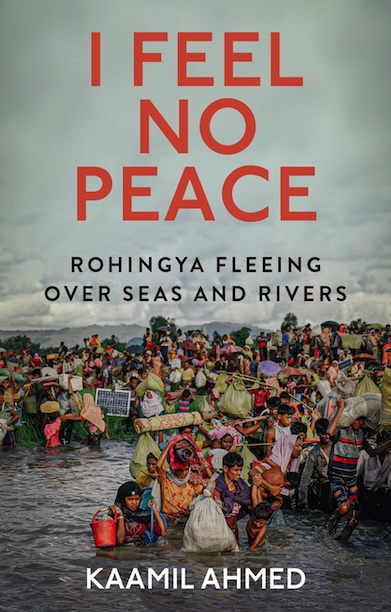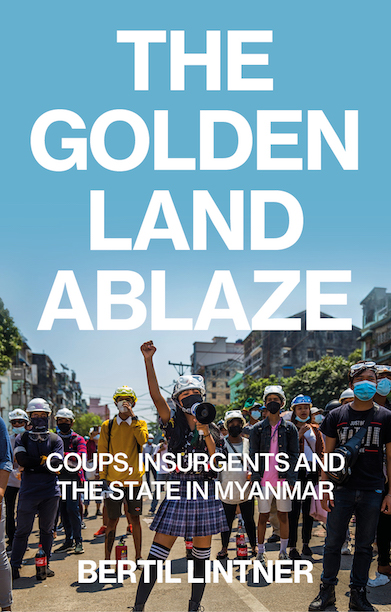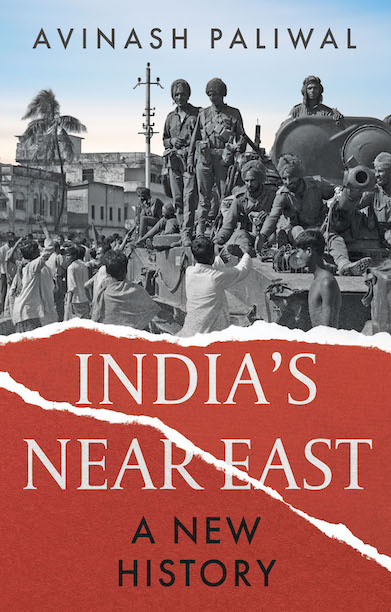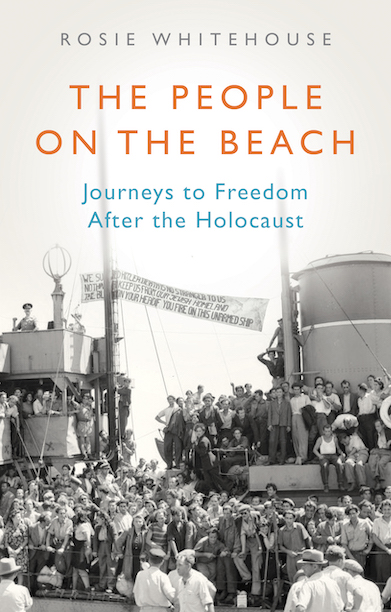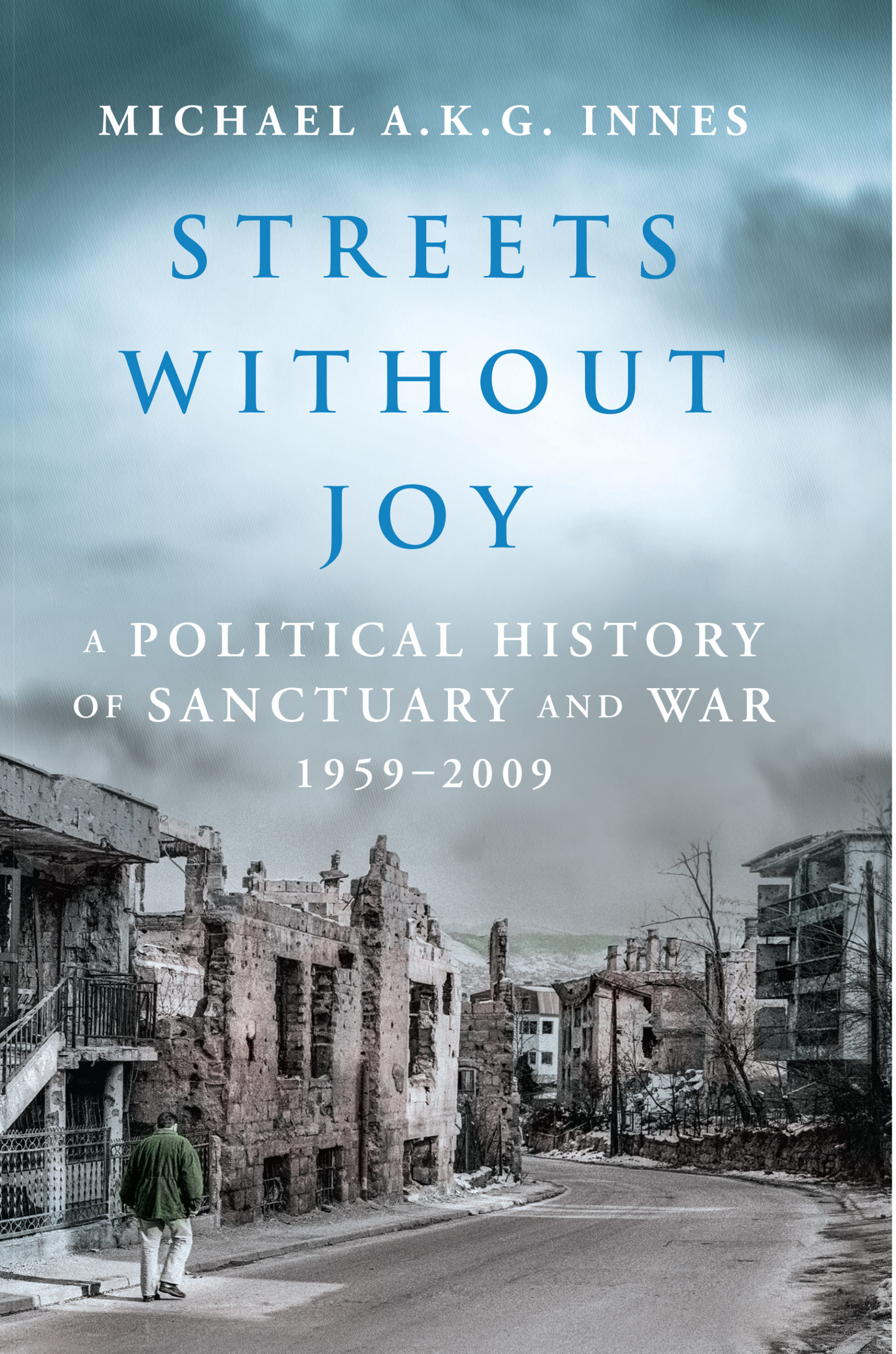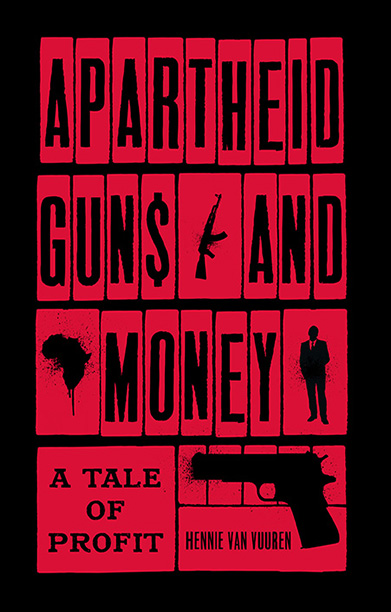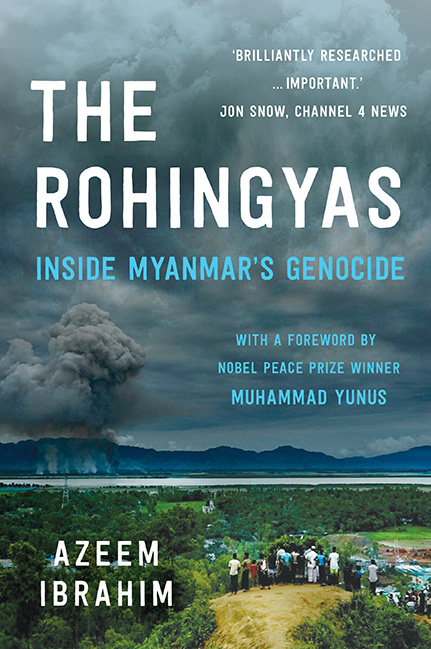I Feel No Peace
Rohingya Fleeing Over Seas and Rivers
A vivid portrayal of the Rohingya in exile, from an award-winning reporter.
Shortlisted for the 2024 Bread and Roses Award for Radical Publishing
Longlisted for the 2023 Moore Prize for Human Rights Writing
Description
Rohingya men, women and children have been fleeing their homes for forty years. The tipping point came in August 2017, when almost 700,000 were wrung from Myanmar in a single military operation. Today, very few members of this Muslim minority remain in the country. Instead, they live mostly in Bangladesh’s refugee camps; or precariously in Malaysia, India, Thailand, Saudi Arabia and elsewhere.
With the Rohingya almost entirely in exile, I Feel No Peace is the first book-length exploration of their lives abroad, drawing on hundreds of hours of interviews and long-standing relationships within the diaspora. Kaamil Ahmed speaks to the families of snatched children, and people kidnapped to feed the human trafficking nourished by Rohingya suffering. Most disturbingly, he reveals the complicity of NGOs and the UN in the refugees’ plight.
But Ahmed also uncovers resilience and hope; stories of how a scattered community survives. The lives uncovered in I Feel No Peace are complex, heart-breaking and unforgettable.
Reviews
‘As Mr. Ahmed observes with heart-rending eloquence, the Rohingya have been, since 1982, a species of non-people in Myanmar . . . To read Mr. Ahmed’s invaluable book is to become overwhelmed with dread for the Rohingya.’ — The Wall Street Journal
‘[I Feel No Peace] is effective at placing the recent exodus of Rohingya in its historical position: as something that had happened multiple times before, and will likely happen again. […] [It is an] antidote for those who had any doubt of the inequality, desperation and injustice that characterises how the world treats refugees: silencing their voices and thereby making it easier to degrade them, and even ignore mounting death tolls.’ — Sally Hayden, The Irish Times
‘In prose that brims with empathy and humanity, Ahmed zooms in on individual lives to explain the breadth of this people’s struggles.’ — Prospect
‘An in-depth exploration of the Rohingya in exile, their exploitation, quests for justice, and the apparent failures of world bodies such as the United Nations to protect them.’ — Al Jazeera
‘Deeply moving.’ — Nikkei Asia
‘An impressive mix of history, political analysis and extensive reportage from Myanmar, Bangladesh and Malaysia… The book gives a human angle to the refugee crisis and Ahmed’s often tender portrayal, combined with a rightful anger for their treatment, is a must read.’ — Asian Review of Books
‘Ahmed’s beautifully written… book weaves together the stories of Rohingya people who are not just buffeted by tragedy but are also agents in a struggle for justice… I Feel No Peace is the opposite of the superficial glosses from reporters who dip into refugee camps for a few days.’ — Mekong Review
‘A moving account of the persecution, the suffering of Rohingya people, and their quest for justice and a dignified life in exile… The book lends a much-needed voice to the world’s most silenced people.’ — Asia Sentinel
‘An extraordinary – and depressing – picture of the Rohingya’s recent history … One book cannot solve the problem, but this one will help the reader understand it at the human level.’ — Survival
‘This book humanises Rohingya, their history and place within it, and their demands for a better future. Hopefully it receives a wide readership far beyond academia and, through its empathetic storytelling, connects its readers with the human aspirations of Rohingya for a better life and peace in their lifetime.’ — Australian Institute of International Affairs
‘This book goes to the heart of the eternal and under-reported suffering of the Rohingya. Forced out of what once was Burma and now is Myanmar, most are in exile in Bangladesh and beyond. An important story of our times.’ — Jon Snow
‘This book paints a deep, complicated and appalling picture: of one million people who have fled danger but now face immense risks from those they thought would protect them. While documenting the harm done by the UN and the Bangladeshi state, Ahmed humanises those normally dehumanised—the refugees.’ — Aditya Chakrabortty, The Guardian
‘A haunting and poetic, yet incisive and grounded, account of the tragedies that have befallen the Rohingya, of the realities of a people living almost entirely in exile, and of their struggles to maintain dignity and hope in the face of persecution and betrayal.’ — Kenan Malik, author, broadcaster and Observer columnist
‘I Feel No Peace is a tender, forensic, harrowing and beautifully human portrait of the Rohingya, a people persecuted beyond measure. Ahmed has produced an exceptional work of journalism which promises to inspire change for the better.’ — Musa Okwonga, author, podcaster and musician
‘This is a remarkable and vivid testament to the results of Myanmar’s genocide of the Rohingya. A striking portrait of a people forced on the run—in all their suffering, bravery and determination. A must-read.’ — Azeem Ibrahim, author of The Rohingyas and Authoritarian Century
‘A strikingly urgent and necessary book, giving voice to the world’s most silenced people. A fierce roar of resistance against the greed, racism and violence that have been largely ignored by the global community. This is a book to be read by all.’ — Zana Fraillon, author of The Bone Sparrow
‘Kaamil Ahmed is both a journalist and friend to many Rohingya. This is what makes his book come alive. With great detail, he tells the story of Myanmar’s genocidal attacks, the diverse journeys of many refugees, as well the resilience of the Rohingya people.’ — John Quinley, Senior Human Rights Specialist, Fortify Rights
‘Kaamil Ahmed’s book fills a glaring void in the literature on one of the world’s worst examples of cruelty and dispossession. It promises to bring much-needed attention to the catastrophe of the Rohingya and deserves to be widely read.’ — Christopher Lamb, President, Australia Myanmar Institute
‘Readers wanting to learn about Rohingya refugees and understand the complexity of their current plight will not be disappointed by Ahmed’s book, which provides both personal accounts of the Rohingya’s unfathomable hardships and historical events that contextualise the protracted crisis.’ — Mary Shepard Wong, Professor in the Department of Sociology, Azusa Pacific University, and editor of Teaching for Peace and Social Justice in Myanmar
Author(s)

Kaamil Ahmed is a journalist at The Guardian, covering international development, who previously lived in and reported from Jerusalem, Bangladesh and Turkey. Kaamil was born in East London and studied at Queen Mary University of London. This is his first book.
